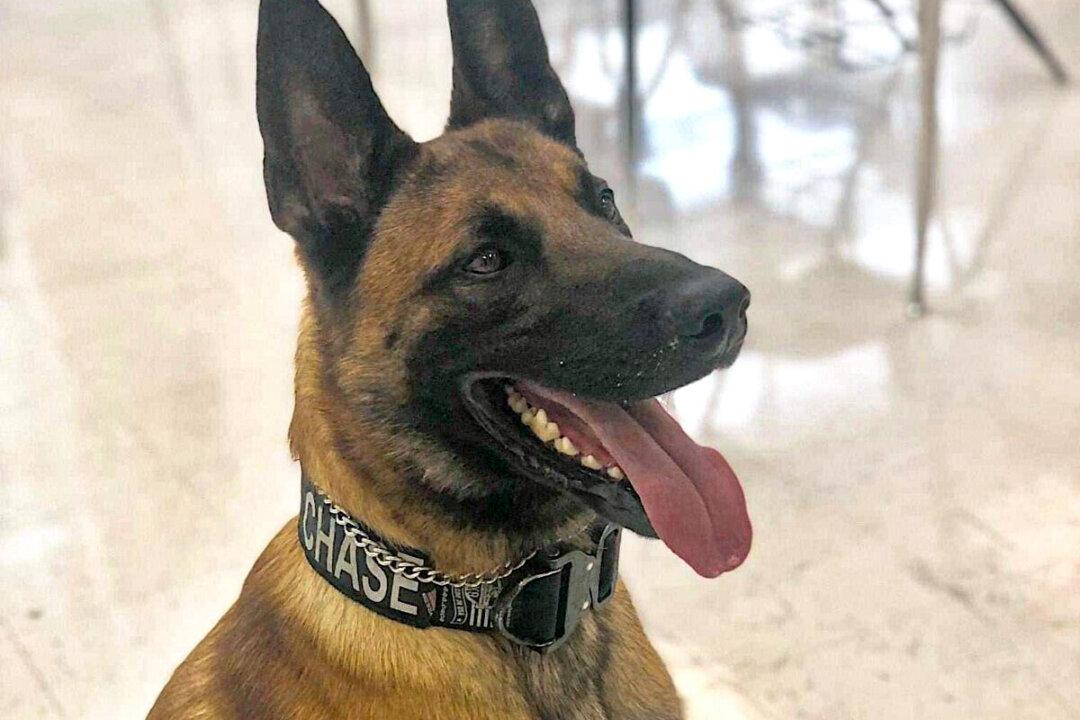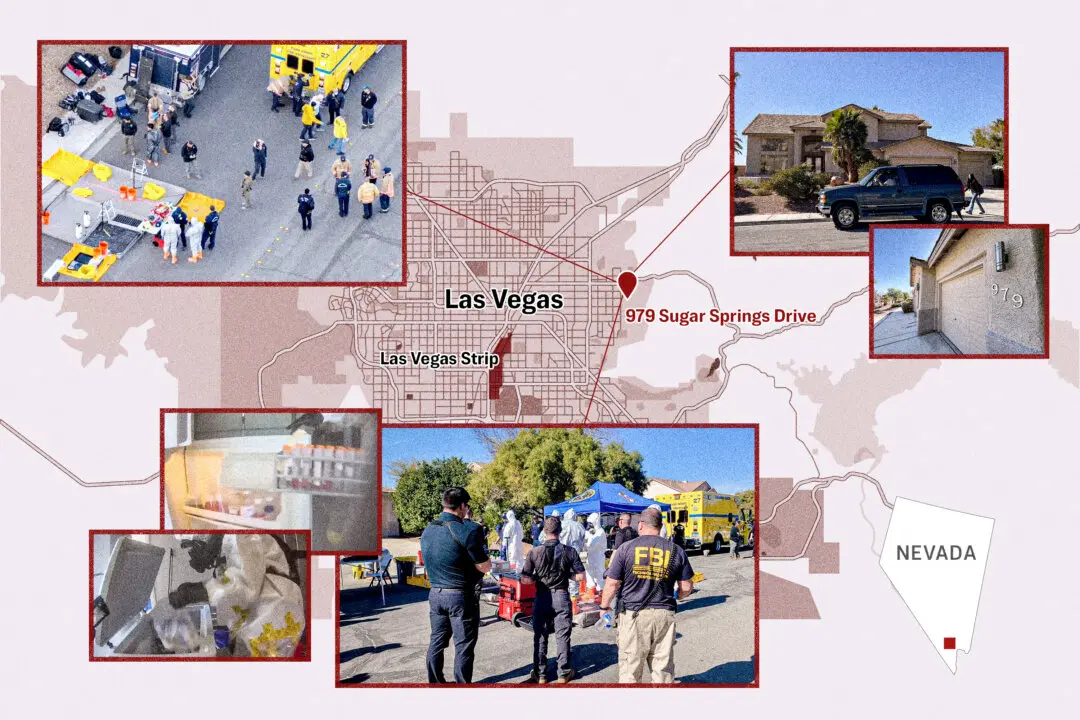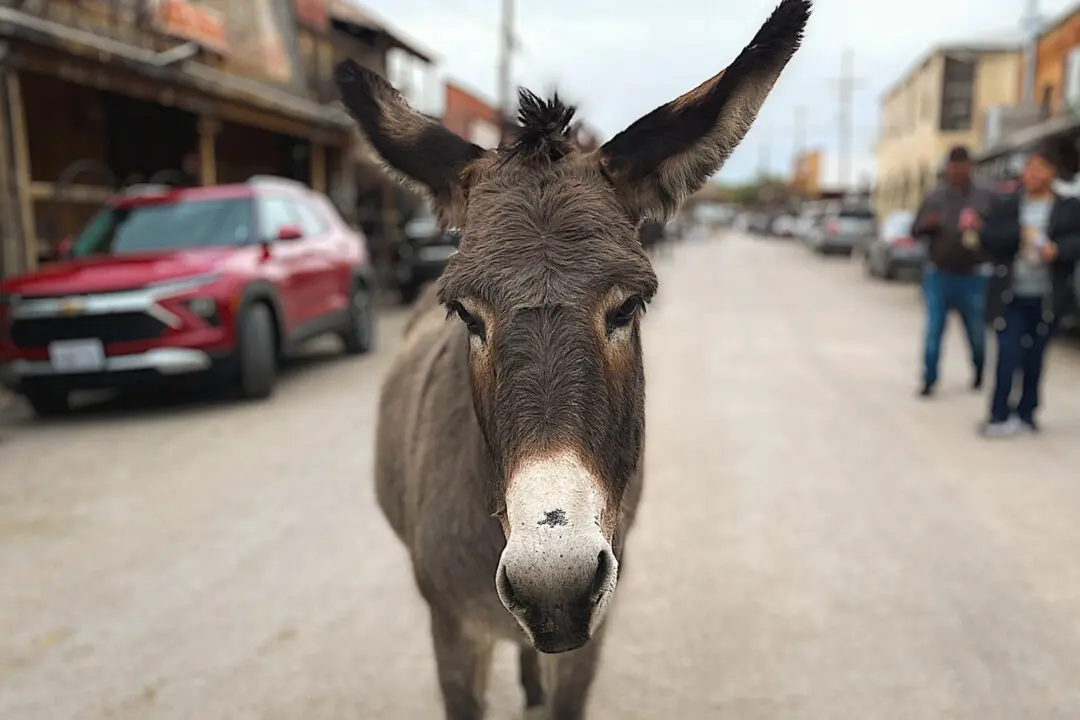Even if the search for K9 Officer “Chase” yields little or nothing, Greg Powers says he'll keep plugging away, like a detective, until the missing canine is found dead or alive and brought home to Chapmanville, West Virginia.
It’s become something of an obsession with him.





